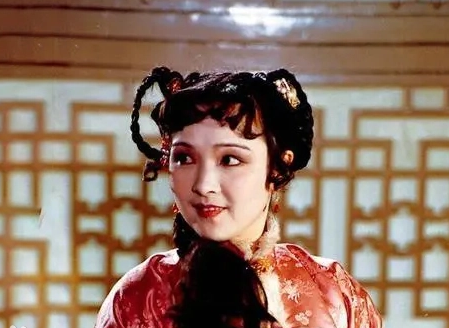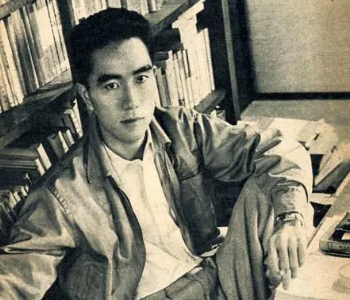In the modern history of China, Li Shutong was a versatile figure. Not only was he a talented writer and musician, but also an outstanding educator and social activist. However, at the peak of his career, Li Shutong chose an unconventional path - to become a monk, a decision that surprised many. What drove this talented man to abandon worldly glory and enter the Buddhist sanctuary?

Firstly, Li Shutong's personal beliefs were a significant reason for his decision to become a monk. Throughout his life, Buddhist teachings had a profound influence on him. He had a deep understanding and identification with Buddhist doctrines and philosophy, which ultimately led to his decision to take up the monastic life. For Li Shutong, Buddhism was not just a religious belief, but also a lifestyle and spiritual pursuit.
Secondly, the historical background of his time also influenced his choice. He lived in a tumultuous era where the country faced internal and external challenges, and the call for social change grew louder. Under such circumstances, many intellectuals began to reflect on traditional values and lifestyles, seeking new spiritual sustenance. Li Shutong's choice to become a monk could be seen as a profound reflection and transcendence of the social realities of that time.
Furthermore, Li Shutong's personality and pursuits were also factors in his decision to become a monk. He had a lifelong pursuit of spiritual freedom and personal independence, unwilling to be constrained by worldly matters. Becoming a monk was a liberation for him, a way to achieve his personal spiritual aspirations. In the Buddhist sanctuary, he found inner peace and freedom, which had a profound impact on his literary and musical creations.
Lastly, Li Shutong's decision to become a monk reflected his profound thinking about the meaning of life. After experiencing the ups and downs of life, he began to pay more attention to the essence and meaning of life. He believed that only through cultivation and enlightenment could one truly understand the value and purpose of life. Therefore, his becoming a monk was also a spiritual elevation and transcendence.
In summary, Li Shutong's choice to become a monk during the peak of his career was a result of the combined effects of his personal beliefs, historical background, personality pursuits, and profound thinking about the meaning of life. His decision not only embodied his unique personality as a talented individual, but also reflected his pursuit of spiritual freedom and the value of life. Li Shutong's story provides us with a window to observe and reflect on the cultural transformation and personal choices of that era, worthy of our careful consideration and reflection.
Disclaimer: The above content is sourced from the internet and the copyright belongs to the original author. If there is any infringement of your original copyright, please inform us and we will delete the relevant content as soon as possible.
































